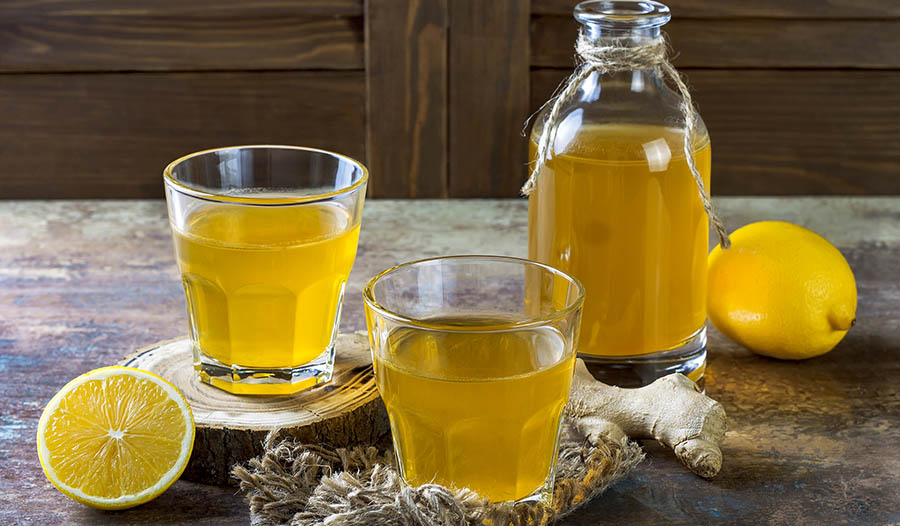How to Live with Histamines and Find Healing
DISCLAIMER:This blog does not intend to provide diagnosis...

Runny nose, watery eyes, the itchy tongue—many of us have the familiar symptoms of histamine intolerance. The classic reaction is to grab a Benadryl or over-the-counter antihistamine to find immediate relief. Unfortunately, this is often a short-lived and temporary solution.
What are Histamines?
Histamines are neurotransmitters—or more specifically, amines—which are chemicals in the body that communicate with both the brain and the gut. The majority of histamine is produced in the gut and regulated by gut bacteria. It is broken down by the enzyme diamine oxidase or DAO, which clears histamine from the body. For many people, a deficiency in this enzyme leads to histamine intolerance.
Many foods also contain high amounts of histamine. These include favorites like bananas, avocados, or eggplant. Most people can clear histamine from the body and avoid the symptoms of histamine intolerance or allergy. For many others, the symptoms can be subtler than classic allergy symptoms. Instead, the cause of migraines, abdominal pain, diarrhea, facial flushing, irritability, congestion or just an overall weaker immune system. In children, the symptoms can include inattention, anxiety and compulsivity.
How Histamine Intolerance Differs from Allergies
With histamine intolerance, there is not often an immediate reaction like an allergy—instead, it’s a slow build or gradual presentation of symptoms. This can be confusing and difficult to the sufferer trying to identify the root of feeling unwell.
Fortunately, there is a way to minimize histamine intolerance and improve your overall health. The first step is to limit high-histamine foods. Decreasing your daily intake of alcohol, especially wine and beer which are fermented, improves your histamine response. Avoiding bananas, eggplant and avocados for at least 4-6 weeks can also help symptoms of histamine intolerance. In addition, decreasing intake of fermented foods including kombucha, sauerkraut and kefir may actually improve histamine intolerance.
Can Gut Health Help With Histamine Intolerance?
Improving gut health is a key step in decreasing histamine intolerance. Probiotics containing lactobacillus and bifidobacteria can help lower the load of candida, or yeast, in the gut, balancing histamine levels. Herbs like berberine or oregano oil help fight candida, indirectly improving histamine levels.
Increasing healthy fats like olive oil or coconut oil may improve symptoms of histamine intolerance, since fat stabilizes the balance of gut bacteria. Enzymes containing lipase and oxbile improve the malabsorption of fat—also helping to keep gut bacteria in balance and in check.
Natural Anti-Inflammatories
Lastly, natural antihistamines and anti-inflammatory items can also help with histamine intolerance. Quercitin, found naturally in apples, or turmeric, a well-known spice, can both serve to lessen the histamine response but improve inflammation. Adding these into your daily regimen, along with probiotics can gradually improve histamine intolerance, allowing more food variety.
It is important to remember that histamine intolerance can be slow to heal, versus a histamine allergic response that is often subdued quickly using antihistamines or epinephrine. Recognize the symptoms of histamine intolerance and equip yourself with a strategy to improve it using food, supplements and lifestyle modification.
References:
- http://ajcn.nutrition.org/content/85/5/1185.long

 By Dr. Taz Bhatia, M.D.
By Dr. Taz Bhatia, M.D.


